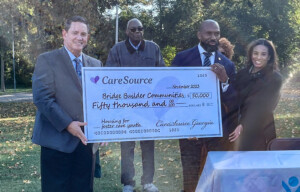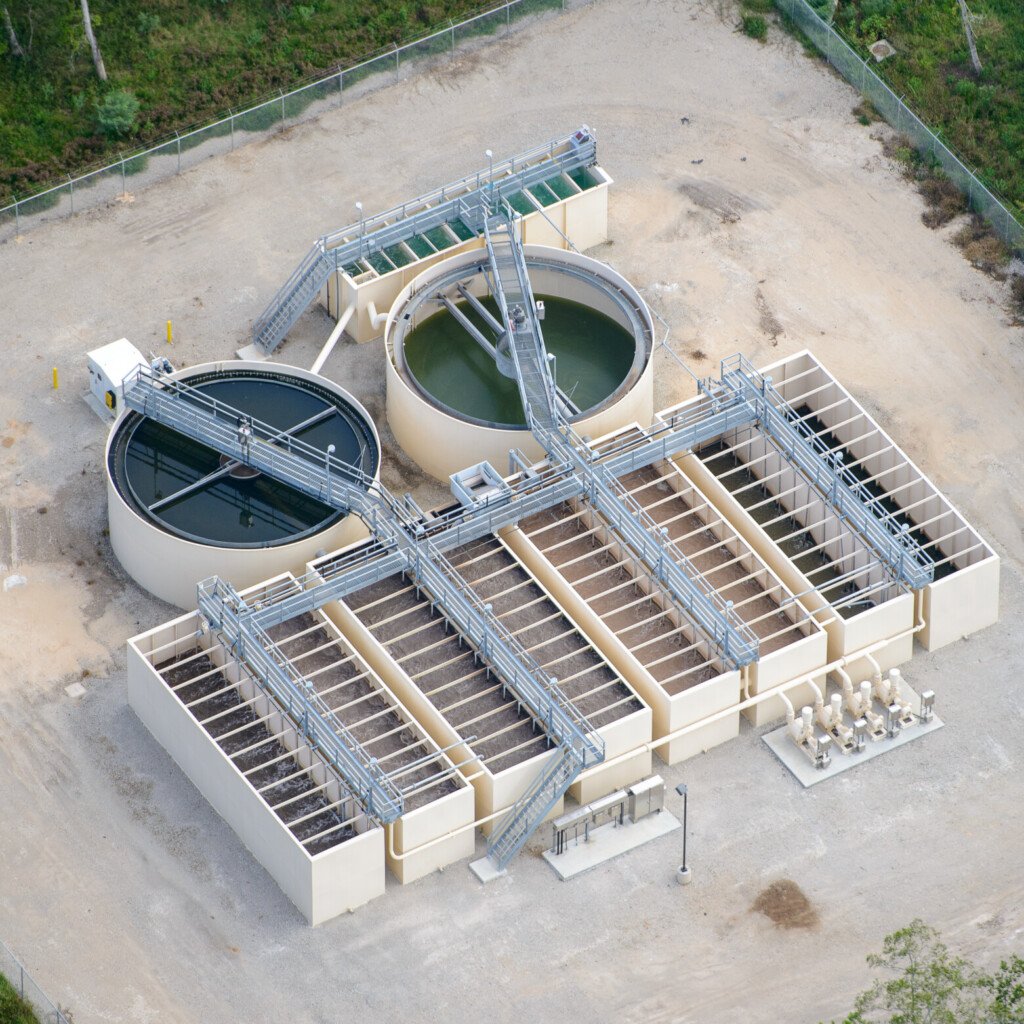Stabilizing the Transition to Adulthood for Georgia’s Youth that have Aged Out of Foster Care
For any teenager standing on the precipice of adulthood, taking the next steps toward independent living can be daunting. This is considerably more challenging for youth entering adulthood without the support of family. Left to navigate a complicated system alone, individuals who age out of foster care – who typically endured an unstable home environment – may struggle to manage steady employment and/or continuing education that helps ensure access to transportation, health care, housing and food.
Compared to peers who have not been in the foster care system, many of these transitioning youth experience lower levels of academic achievement and employment rates, increased dependency on public assistance and increased rates of poverty. Subsequently, inadequate housing and homelessness rates are also higher.
In Georgia, this results in disheartening statistics for young people who have experienced foster care, according to research compiled by The Annie E. Casey Foundation on Fostering Youth:
- 23% are uninsured
- 41% are incarcerated
- 37% are unemployed
- 35% lack stable housing
Factors that impede the road to self-sufficiency
Helping youth who have aged out of foster care develop the self-esteem and self-efficacy needed for a successful transition into adulthood requires an understanding of the factors that stymie a launch into self-reliance.
By the time a young person ages out of the foster care system, they often have lived through numerous disruptions, including multiple home placements, interruptions in schooling and losses of established connections with friends, family and/or siblings. Further, traumatic incidents such as emotional and physical maltreatment, homelessness and food insecurity could sadly lower their expectations for their future as adults.
Compounding these expectations, transitioning into adulthood hits youth who have aged out of foster care in particularly harsh ways that can lead to mental illness, substance abuse and stunted emotional and social development. Offering these youth support can help them see the opportunities that exist for their futures.
CareSource support available for foster care youth as they age out
As a child born into the foster care system and as an adult who has dedicated my life to child advocacy, I understand first-hand the importance of community support and resources during this critically formative life experience.
As the executive director of child welfare at CareSource, I work closely with the CareSource Child Welfare Advisory Committee, which is comprised of luminaries in the child welfare space who have significant experience working with and supporting at-risk families. Together we combine our knowledge and experience to improve access to behavioral and physical health care. We do this by addressing social determinants of health and by keeping families together through innovative solutions and partnerships.
CareSource, a nonprofit care management organization serving over 450,000 Georgians, creates and implements comprehensive programs that connect our members to resources that aid in overcoming social, economic and environmental barriers, such as access to housing, food and transportation. This includes helping members when they age out of foster care, transition into adulthood, and pursue higher education or vocational training.
We know that the success of the transition into independent living is dependent upon improving conditions to create a stable environment for physical and mental wellbeing. Thus, we are committed to programs and organizations that help secure full-time employment, food assistance, behavioral well-being, transportation, housing, education/training opportunities and budgeting.
 Most notably, CareSource recently committed $1 million to Fostering Success Act, Inc. (FSA) to create better outcomes for former foster youth. The investment will connect youth aging out of foster care to resources that provide support services such as housing, food and transportation. Ultimately, our commitment to FSA will help support a smoother path into adulthood for these transitioning youth as they pursue higher education or vocational training.
Most notably, CareSource recently committed $1 million to Fostering Success Act, Inc. (FSA) to create better outcomes for former foster youth. The investment will connect youth aging out of foster care to resources that provide support services such as housing, food and transportation. Ultimately, our commitment to FSA will help support a smoother path into adulthood for these transitioning youth as they pursue higher education or vocational training.
Further, CareSource proudly works alongside Bridge Builder Communities to help provide a supportive ecosystem through safe, affordable housing for youth aging out of foster care. As part of this initiative, CareSource provided a fully equipped tiny home to the community as well as educational opportunities, certification completion programs, on-site counseling, job training and structured human service support systems to young people in their transition to adulthood.
Throughout my 35-year career in child welfare, I have found that authenticity to the mission of improving children’s lives is the fundamental pillar to systematic change. As such, I’m proud to work for a company so deeply committed to protecting the whole health of Georgia’s youth.
Bobby Cagle, executive director of child welfare, CareSource Georgia







